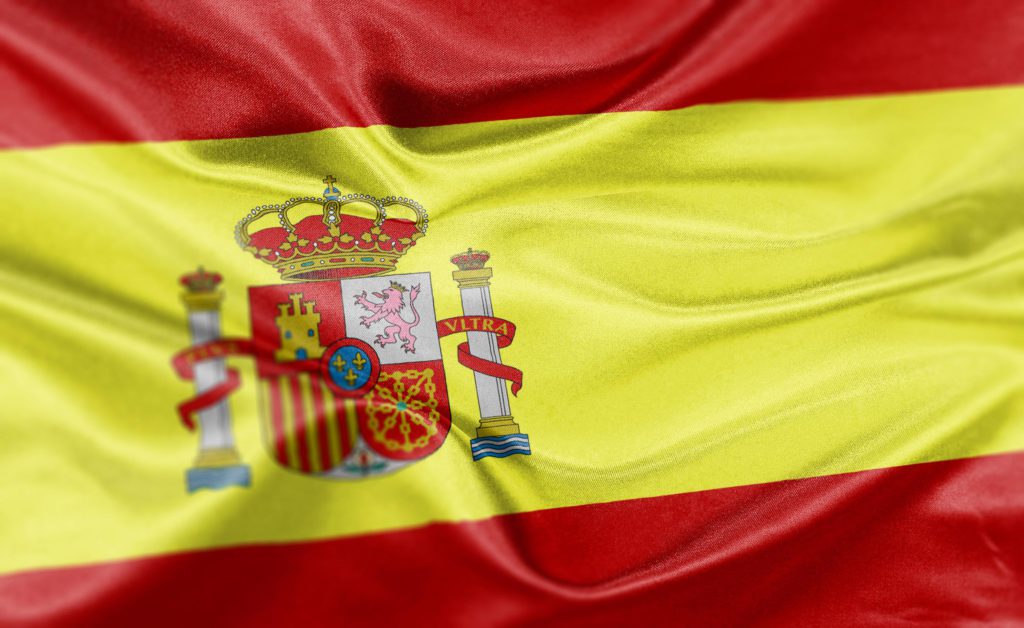Spain approves new incentive to boost sales of AFVs
23 June 2017

23 June 2017
The Spanish Government has approved a package of incentives for the purchase of alternatively fuelled vehicles (AFVs) to boost their presence on roads, while also admitting that it needs to do more to promote the infrastructure to support them.
The country’s Council of Ministers approved a Royal Decree that regulated the granting of aid and improvements, known as the Movea 2017 plan. This is a €14.26 million package and offers aid from €500 for passenger cars to €18,000 for buses and trucks, which will also help the country to lower the number of petrol and diesel vehicles on the road. Dealerships wishing to join Movea will have to apply a minimum additional discount of €1,000 for all vehicles except motorcycles (no additional discount)
AFVs covered in the incentive scheme include those powered by liquefied petroleum gas, compressed and liquefied natural gas, hydrogen and electric vehicles. It also encourages instalment of recharging points in public access areas offering up to 40% of the cost of installation of these points with a maximum of €1,000 per conventional recharge point, €2,000 per semi-fast charge point and €15,000 for any fast charge points.
Spain’s Ministry of Economy, Industry and Competitiveness said in a statement: ′The Movea Plan seeks to promote the use of vehicles propelled with alternative energy over traditional fossil fuels, which are part of sustainable mobility in transport, both in cities and on highways.’
′Because of its benefits in terms of energy diversification and reduction of dependence on petroleum products, as well as the reduction of CO2 emissions and other pollutant and greenhouse emissions, these vehicles help improve air quality of our cities and to diminish the acoustic pollution, also favouring the consumption of energy from renewable sources.’
The Movea plan is open to both personal and fleet buyers and applications can be made until October 2017, or when the initial funding runs out, whichever comes first. However, the General Secretary of Industry and SME, Begoña Cristeto, has suggested that by 2018, more funding will be obtained which can keep the plan running.
Spain has been working to clear older and more polluting vehicles from its roads, with its scrappage scheme, Programa de Incentivos al VehÃculo Eficiente (PIVE), ending in July 2016 after taking millions of ten-year-old cars to the scrapyard and allowing drivers to replace them with less polluting vehicles. Electric vehicles (EVs) did well in the two months following the end of the scheme, accounting for 4% of all car registrations in both August and September as dealerships had until the end of September to register new vehicles bought using PIVE. EVs achieved a maximum share of 3% in any other month in 2016.
Incentivising drivers to purchase AFVs has contributed to a rise in sales in many countries around Europe. In the UK drivers can get up to £4,500 (€5,100) for a car while in Germany, buyers of an EV receive €4,000, and €3,000 for a plug-in hybrid. Norway, which is a leader in EV sales, offers no purchase tax and immunity from the country’s 25% VAT on the price of a vehicle. However, the country is finding that while the uptake of EVs remains high, it needs to start removing incentives and allow the market to grow organically, or risk spending out on every car purchase in the country.
This is a problem for those yet to purchase a zero-emission vehicle, or those who want to upgrade, as they would be unable to take advantage of offers others have had. Incentives help to cover the higher costs of electric vehicles as they have yet to reach total cost of ownership (TCO) parity with their petrol counterparts, meaning for some, a petrol vehicle remains a more realistic purchase. As EVs are expected to reach TCO parity in the coming years, governments need to start lowering incentives to ensure that the market for these cars can grow in its own right, while also keeping motorists happy that they are not missing out on any bonuses or rewards for driving non-polluting cars.
Countries need to be aware of the issues faced by Denmark, where phasing out of tax breaks on electric vehicles has ′completely killed the market,’ with sales plummeting 60.5% in Q1 2017, compared with the same period in 2016.